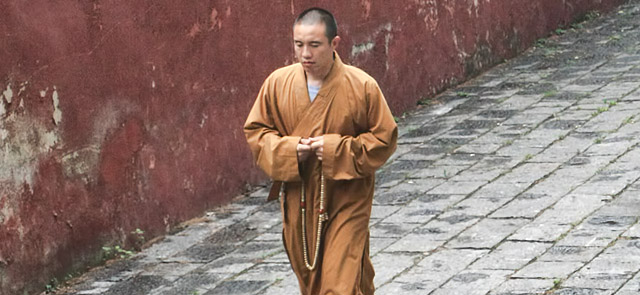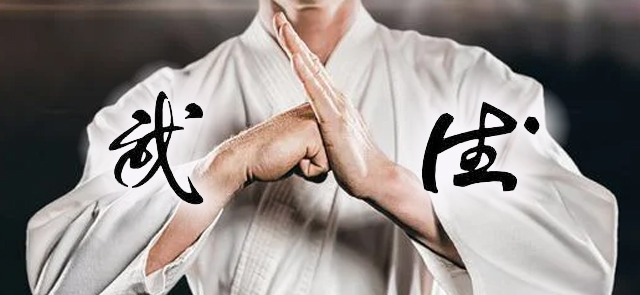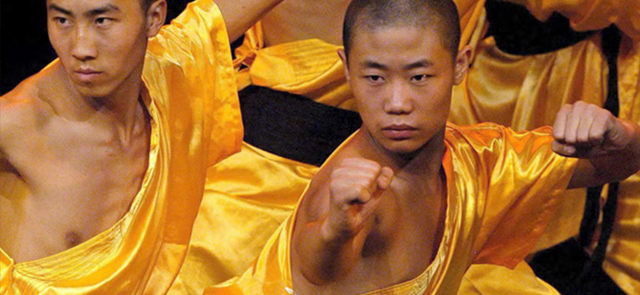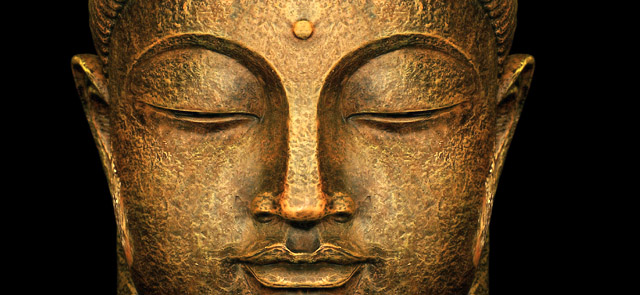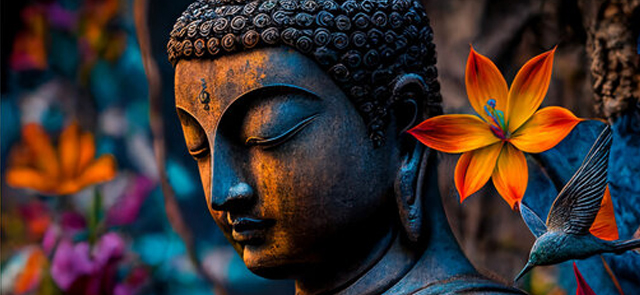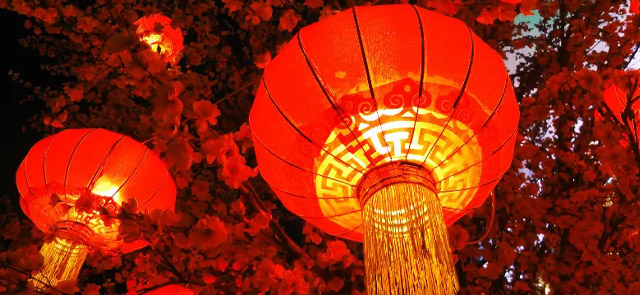Sangha is a very common term in Buddhist culture that means the monastic order and/or the community in the Buddhist religion. It is the Order or community of monks and nuns and laity, who according to the Lord Buddha, carry on the teaching and practice of the Dharma. In many dictionaries or encyclopedias the definition of the Sangha is: The total community of bhikkus, or Buddhist monks, in the broadest and most abstract sense; the sangha is composed of all Buddhist sects and residential communities and is the traditional Buddhist elite.
In the sutras the word sangha (lit. "group, assembly") is usually used in one of two ways: it refers either to the community of ordained monks and nuns or to the community of "noble ones" -- persons who have gained at least some degree of Awakening.
More specific, Sangha literally means community, a term that in a more extensive aspect covers both monastic and lay community. From a more doctrinal view, it refers only to those who have managed to achieve one of the four “transcendent spiritual stages” while from a discipline perspective, refers to a community of monks who are required to be present at a certain monastic ritual.
In fact, there are two types of Sangha, the monastic disciple and the conventional Sangha. The monastic disciple is the support of Buddhism and the base of conventional Sangha’s existence and stability.
Undoubtedly, the establishment of the Sangha attributed to Siddhartha Gautama - [sage of the Sakya], at the 5th century BCE. First Sangha came into being, about two months after Buddha’s enlightenment, when He began teaching, delivering the fist sermon to a group of five ascetics who actually were His former companions. The goal of its existence was- and still is-the preservation of the teachings, the reinforcement of discipline as well as its role to serve as an example for the laity.
The members of the Sangha act as the embodiment of the Dharma and it’s their responsibility to preserve and promote their religion. Actually, the members understand and realize the Dharma. This realization is their motive energy to bring Buddha’s supreme achievement into full purpose and fruition. It is their duty to preserve and to spread Buddhas teaching and message and their purpose is by Buddhas teachings to help people find peace and unity, to find the path that leads to the relief of suffering, the release of bad will and gradually the achievement of enlightenment. Members of the Sangha try to offer their help in anyway, try to spread Dharma, to spread the truth. This keeps Buddha’s teachings alive. Without Sangha’s existence and loyalty, Buddhism wouldn?t endure and prosper throughout the time.
Sangha is a significant principle in Buddhism. It is one of the Three Jewels or Treasures, in which all Buddhists take refuge. The other two are Buddha and Dharma.
The basic attributes of Sangha are: the good, upright, seemly and wise conduct as well as its worthy of hospitality, reverential salutation and offerings. If the principle of Sangha honored and respected properly, then it’s a field of incomparable and innumerable merits.
Sangha helps each member and others too, to their path. Helps in the understanding and the realization of the Dharma and promotes the fact that enlightenment is possible. Members act as one body; support each other and people out of the Sangha too, by advising in times of doubts and personal uncertainness. Sangha and the members of it, offer an environment of assurance, encouragement, compassion and companion. Every member has its role, like a big chain and all together follows the rules of the Sangha, the transgression of which carries penalties even the deportation.
Buddha had said: I am leaving now. Stay together and united and after my death! Work with diligent for your salvation.
